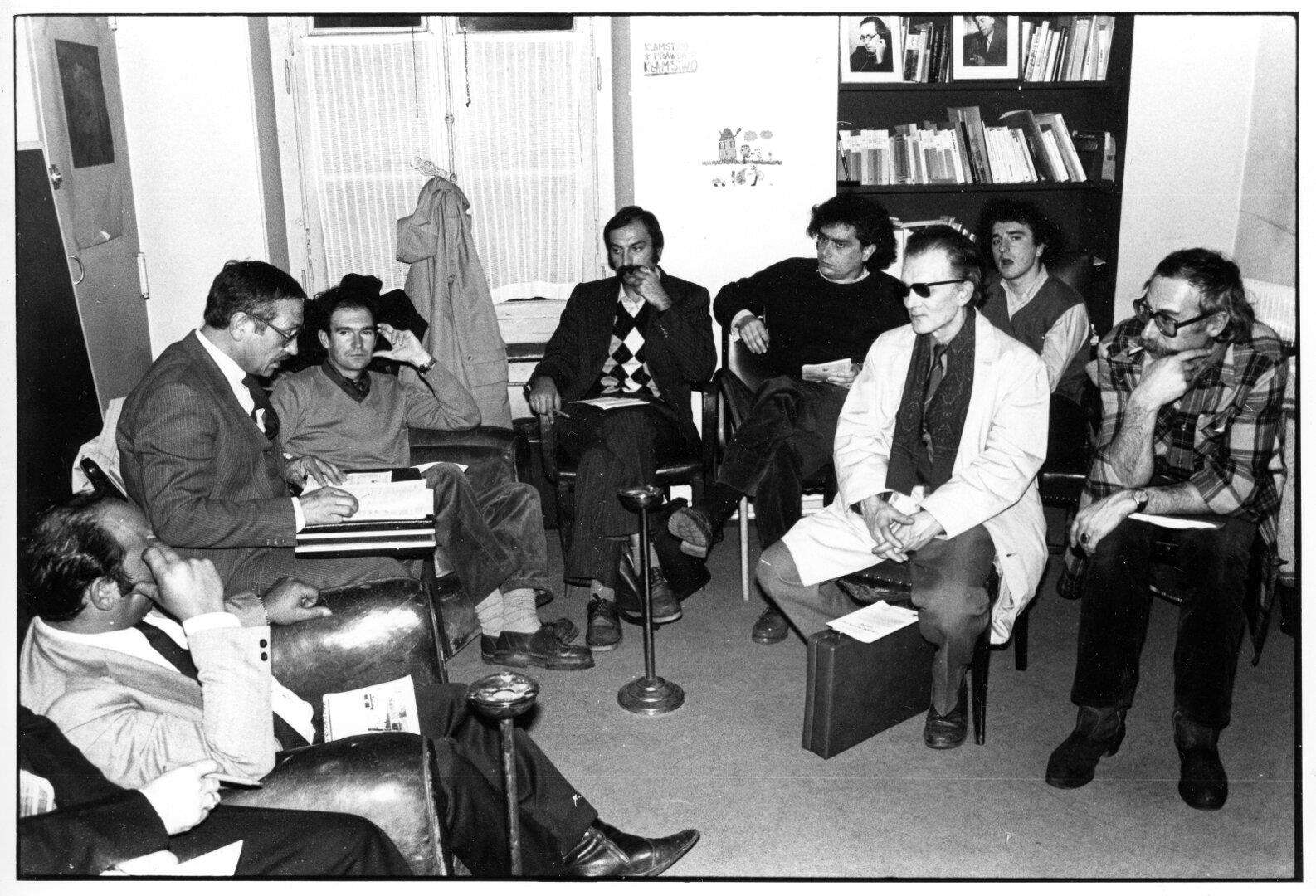Abstract
Historical and Cultural Overview
The earliest records of Roma in France are of the arrival of a group in the village of Châtillon-en-Dombes, north-east of Lyon, in 1419.1 They were given relief and then moved to a stopping place near Mâcon, before moving on again. In October of the same year, the town of Sisteron, in the south of France, allowed the families to pitch their tents in a meadow and supplied them with food.2
France does not recognise the existence of ethnic minorities, or keep statistics regarding numbers of them, it only records “nomads”, categorised administratively by labels like Gens du voyage, treated without any real social or sociological definition. In France today, the ethnic Roma population (as broadly defined by the European Union), is between 300,000 to 400,000.3 The diverse groups known as Roma, Manouches, Sintis, Gitans and others, differ for all the historical reasons that have led different populations to migrate to different regions and indeed, continents. Differing environments have led to linguistic and cultural diversity amongst them.
Two concepts can help us understand how social organisation remains strong despite the differences; a mosaic, within which each piece has its own character, different to those of neighbouring pieces, which cannot, however, be understood except in relation to the pattern of the whole. Thus, there is unity within diversity. The second is that of a kaleidoscope, the different pieces are shaken up and moved around within the overall configuration, but the links between them endure.4





